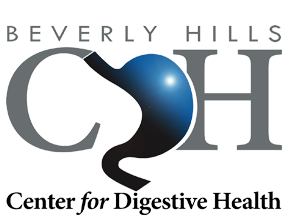Does GERD Affect Young Adults?
BOOK APPOINTMENTBack to Blogs
GERD, also called heartburn or acid reflux, is an extremely common digestive condition afflicting about 20% of adults worldwide. It consists of an uncomfortable or painful burning sensation in your chest caused by stomach acid leaking into your esophagus.
In adults over 40, acid reflux is most often caused by excess production of stomach acid. But GERD can absolutely affect young adults too, and even children and teens. The difference is that, barring physical abnormalities like birth defects, acid reflux in the young is mostly caused by lifestyle factors.
Lifestyle Factors that Cause Acid Reflux in Young Adults
Lifestyle factors that can trigger GERD in young adults include:
- Medications, including painkillers, analgesics (Tylenol, Aspirin), antidepressants, and sedatives (Valium)
- Alcohol consumption
- Smoking
- Wearing tight clothing that squeezes your stomach
While you may not be able to change the medications you’re on, the other factors on this list are under your control. Making lifestyle changes to treat acid reflux is by far the best solution for young adults, since GERD medication won’t solve the problem.
Why GERD Medication is Not Recommended for Young Adults
Medication is meant to target the cause of acid reflux for older adults: excess stomach acid. However, since the problem for younger adults is usually not excess stomach acid but a relaxing of the lower esophageal sphincter (LES), medication won’t help in their case.
Long-term use of acid reflux medication can lead to the disruption of gut health, plus mineral deficiencies. This is why making lifestyle changes is the simpler, easier option.
If you’re a young adult suffering from regular, debilitating GERD, see a gastroenterologist to help identify probable causes and solutions. The Beverly Hills Center for Digestive Health treats acid reflux in patients of all ages.
Call to Schedule
Our office is available to answer your questions and evaluate your symptoms.

Phone
(310) 855-0222
Fax: (949) 404-6467
Hours
Mon - Fri: 9am – 5pm
Sat - Sun: Closed